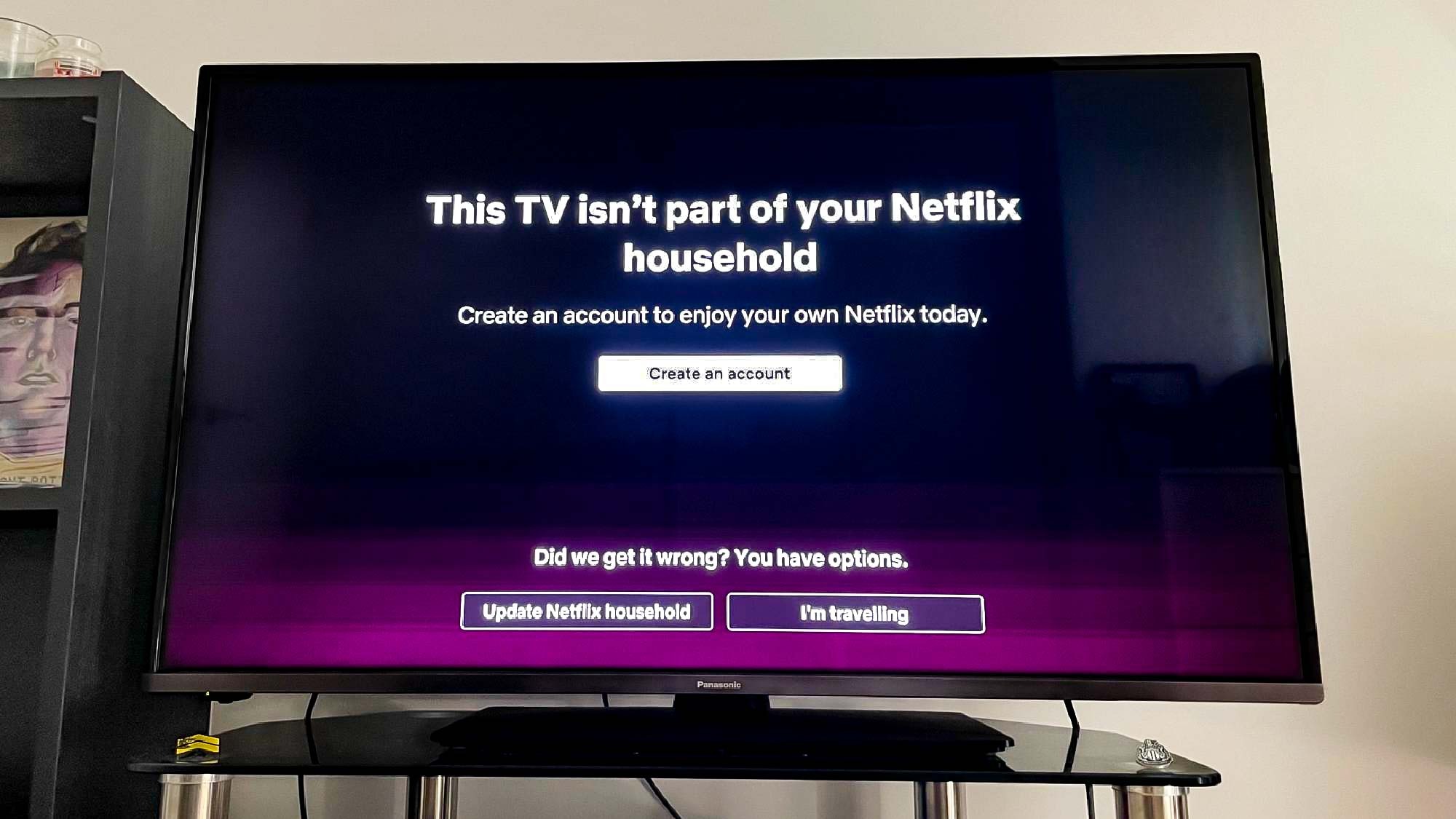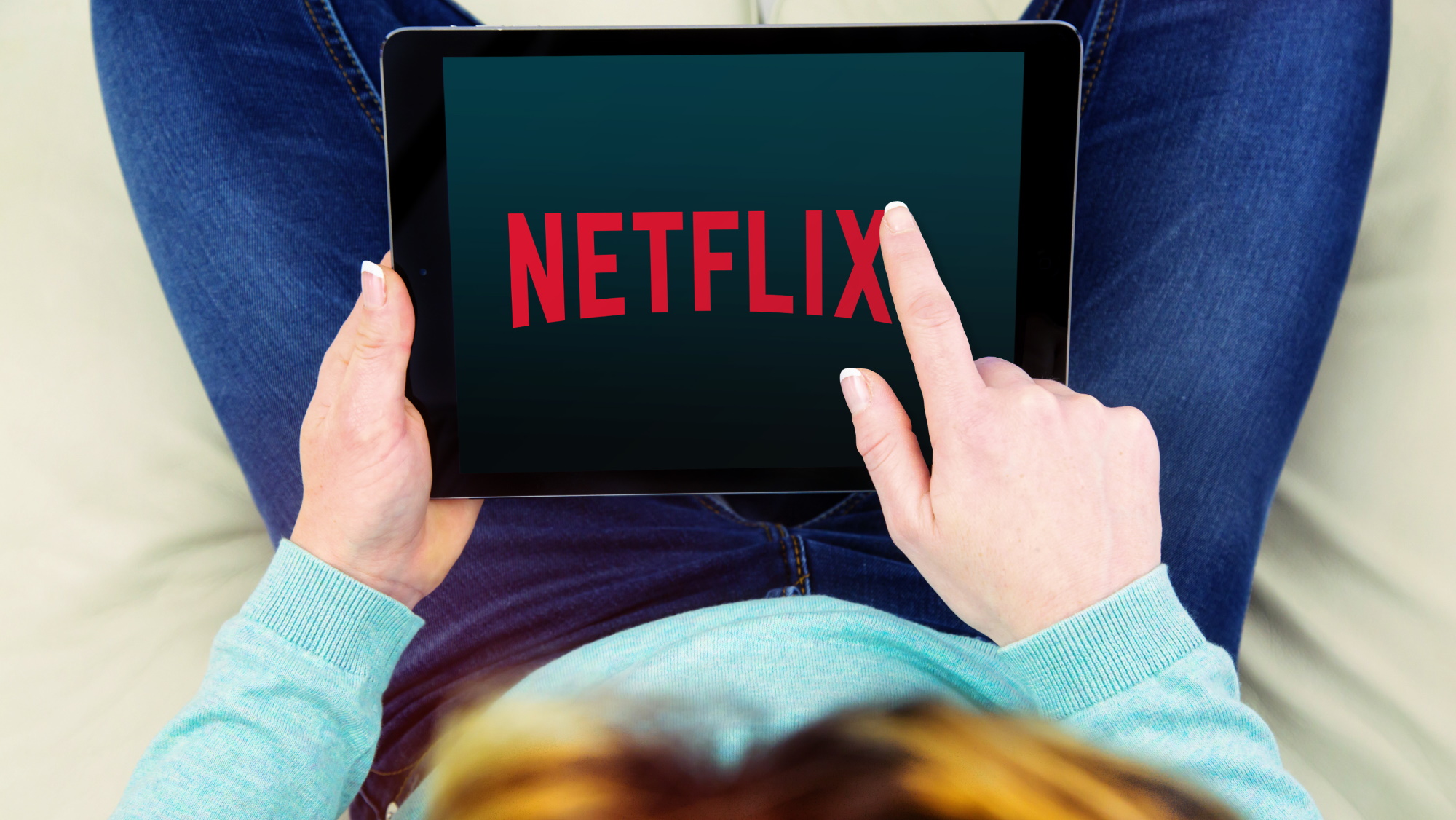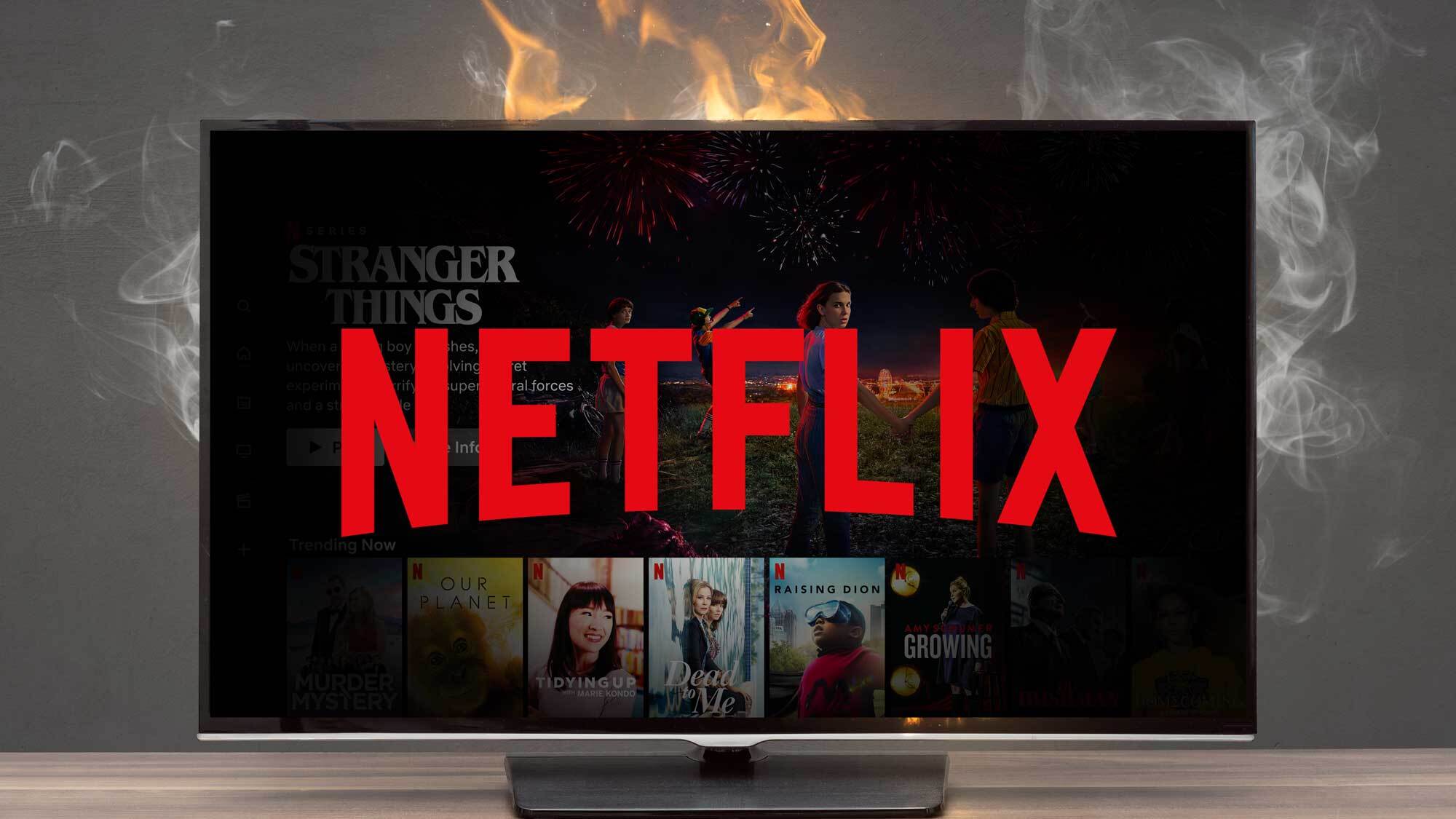Netflix’s password-sharing crackdown got me — here’s what happened
I’ve got a confession to make, for the past few years, my family has used a single Netflix account. We all live in different locations, but share passwords across several of the best streaming services.
When Netflix confirmed that its password-sharing crackdown was coming, I knew that the shared streaming party was over and that I was going to have to cough up the cash for my own account. After a few delays, and some confusing messaging, I’ve now had a first-hand experience with Netflix’s new initiative.
This new tactic aims convert the 100 million users it estimates are accessing the service via password-sharing into (partially) or full paying subscribers. So, here’s what happened when I encountered Netflix’s password-sharing crackdown for myself.
Goodbye shared Netflix account

Earlier this week my partner called me into our living room complaining that “Netflix wasn’t working”. Looking over at the TV, I was greeted was a message informing me “This TV isn’t part of your Netflix household”, and in an instant, I knew that the day I had long feared had arrived.
The streamer gave me three options at this point: Create an account, update my Netflix household, or inform Netflix that I was traveling. Tempted as I was to deploy the recently discovered loophole to avoid the password-sharing crackdown, I quickly determined that would be just avoiding the inevitable.
if I’m paying for something I want full control, not shared-control.
After years of mooching off the family account, I decided it was time to create a Netflix account of my own. And within just a few minutes, the deed was done. My partner was soon happily watching Gilmore Girls, and my bank balance will now be $15 lighter each month. Feels bad, man.
Yes, Netflix also offers the ability to add a household to the main Netflix household for $8 / £4.99 / AU$7.99 per month, but I didn’t see that option. We’ve reached out to Netflix to try and figure out why. Personally, I wasn’t keen on doing that, because if I’m paying for something I want full control, not shared-control. I don’t want to be concerned about the traveling issues, either.
I’m part of the problem

That situation outlined above is exactly what Netflix is hoping will happen across households in the U.S., U.K. and beyond over the next few months.
I now pay for my own Netflix account instead of making use of a family account (I should note, I did contribute towards the cost of our shared account) which is the crackdown working as intended. As somebody who was against the move when it was announced, I’m very much aware that I’m now part of the problem.
I’m staunchly against businesses making life more difficult for paying customers in an effort to make more money for themselves
My core issue with Netflix’s password-sharing crackdown isn’t actually that I’m now paying a larger sum of money a month to still have access to the streaming service. After all, password sharing was always a privilege that Netflix permitted, rather than a fundamental right that subscribers should expect. However, in the process of preventing password sharing Netflix has made the overall user experience worse even for users who were already paying for an account.
This weekend I’m traveling out of town, and if I want to use my freshly-created Netflix account while away from my set “household” that will come with more hassle than it did just a few weeks ago. No longer can merely log into a hotel’s Smart TV or connect to guest WiFI and start streaming.

Now you must notify Netflix that you’re traveling, which adds a layer of inconvenience to the process. I’m curious to test this out for myself over the next few days, but even if it’s a relatively straightforward process, there’s always the possibility that something could go wrong.
I’m staunchly against businesses making life more difficult for paying customers in an effort to make more money for themselves, and unfortunately, that’s what Netflix is doing here.
Outlook: The start of a trend
My other concern with Netflix’s password-sharing crackdown is that it will start a new streaming trend. Prime Video recently took to social media to dunk on Netflix informing subscribers that password sharing is still okay with them. But of course, there was a time when Netflix declared that “love is sharing a password”, so I won’t be surprised if other streamers change their stance over the coming years.
I can’t help but recall Apple’s decision to remove the headphone jack from the iPhone 7 in 2016. There was a fierce backlash to this move, and smartphone rivals like Samsung and Google were quick to snipe at Apple. But the following year the Google Pixel 2 launched without a headphone jack, and Samsung also nixed the port starting with the Galaxy Note 10 in 2019
I foresee history repeating itself here, rivals may mock Netflix now, but if the world’s biggest streamer proves that blocking password sharing is a route to higher revenues, other services will almost certainly follow suit. And if that does eventually happen, I’ll have nobody to blame but myself as my actions this week will have signaled to Netflix that cracking down on password-sharing was the correct call.
More from Tom’s Guide
For all the latest Technology News Click Here
For the latest news and updates, follow us on Google News.
